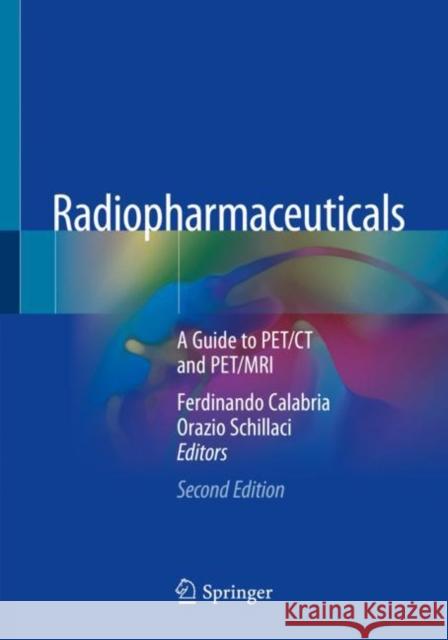Radiopharmaceuticals: A Guide to Pet/CT and Pet/MRI » książka
topmenu
Radiopharmaceuticals: A Guide to Pet/CT and Pet/MRI
ISBN-13: 9783030277819 / Angielski / Miękka / 2020 / 234 str.
Radiopharmaceuticals: A Guide to Pet/CT and Pet/MRI
ISBN-13: 9783030277819 / Angielski / Miękka / 2020 / 234 str.
cena 327,68 zł
(netto: 312,08 VAT: 5%)
Najniższa cena z 30 dni: 325,42 zł
(netto: 312,08 VAT: 5%)
Najniższa cena z 30 dni: 325,42 zł
Termin realizacji zamówienia:
ok. 20 dni roboczych.
ok. 20 dni roboczych.
Darmowa dostawa!
Kategorie BISAC:
Wydawca:
Springer
Język:
Angielski
ISBN-13:
9783030277819
Rok wydania:
2020
Wydanie:
2020
Ilość stron:
234
Oprawa:
Miękka
Wolumenów:
01











